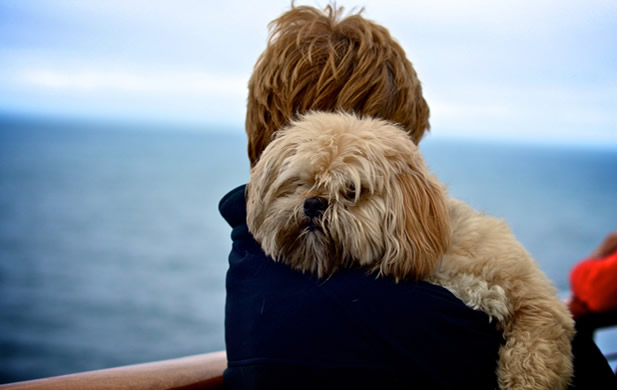Pets have always been part of families, but it’s only over the past decade or so that the hospitality industry has begun recognising the potential of allowing them to be part of their guests’ holidays away from home.
The reason most pets are not allowed on board regular cruise liners is the lack of services to cater to their presence – they need special places to relieve themselves and be exercised as companies need to be mindful of other guests with respiratory issues like asthma.
Each port of call also has different regulations for visiting animals and ensuring every pet measures up is time consuming for the cruise line. Some go so far as to require a quarantine to ensure the animal does not have certain diseases, but most guests prefer to leave their pets on board while they go into port.
Some cruises only allow service dogs trained to meet a disability-related need such as blindness or deafness, and do not offer any facilities for looking after a dog left on board, thereby forcing the guest to take it along. But cruise companies such as Cunard’s Queen Mary 2 have now started pet-friendly cruising.
Even so, guests are not allowed to share cabins with their dogs or cats, who must live in an on-board kennel where dedicated staff cater to their needs. They are fed, walked, cleaned and pampered with treats and toys. The Cunard ship has designated playtime for their four-legged guests and certain hours during the day when owners can visit.
Pets are given food, and owners can also bring along specific food if needed. They can also bring along their pet’s favourite blanket, toy or bedding to help their furry family member adjust to new surroundings and get comfortable.
Pets are monitored at all times, and even have their own life vests which guests learn how to put on during the emergency drill. To enhance the experience, some programmes include a complimentary gift pack with items like a name tag and photograph with the owners to commemorate the cruise.
However, it is worth noting that some breeds of dogs are not allowed on board – such as St Bernards and Mastiffs – due to their size, and some like pit bulls due to their believed aggressive temperament. Rarely, some ships allow pet birds on board, and rabbits can often be regarded as rodents – more of a menace to staff than a pet to care for.
All pets are required to be appropriately vaccinated and sometimes have letters from veterinarians proving they comply with various regulations.


